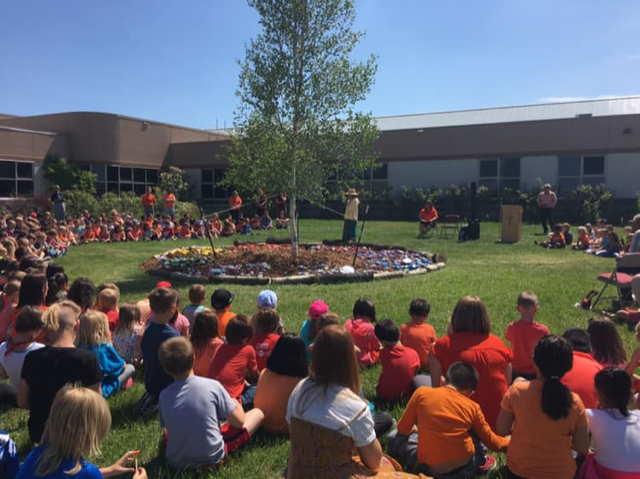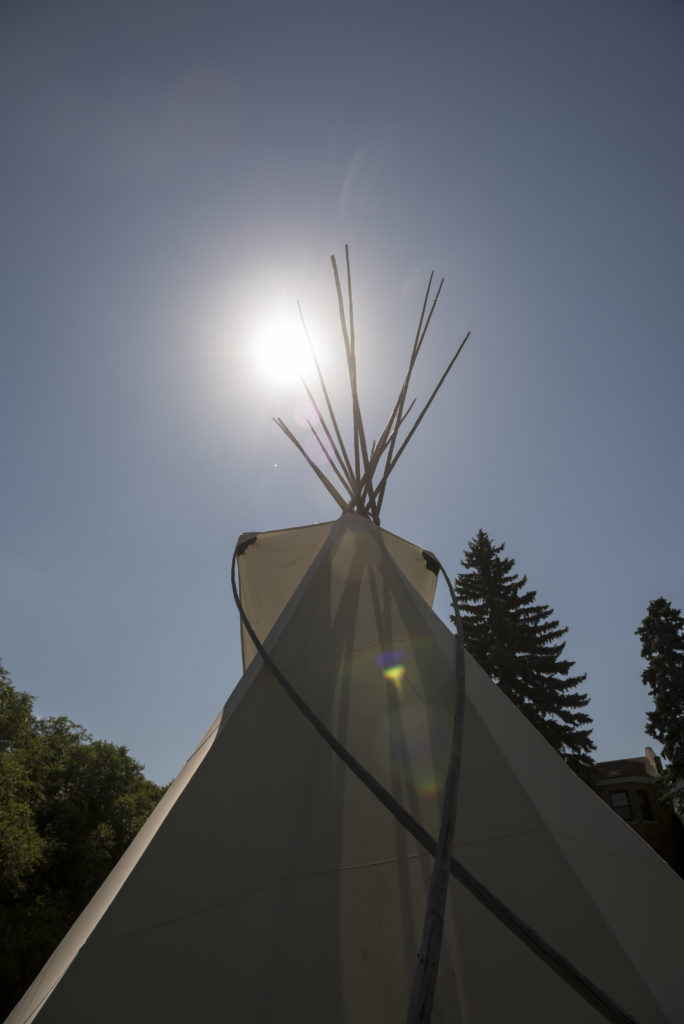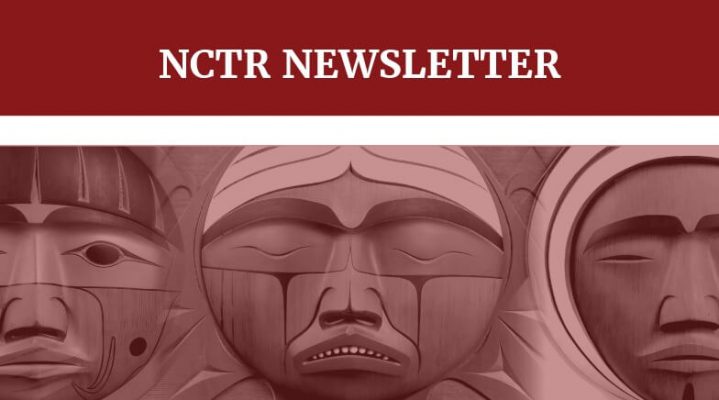Education
Reconciliation Through Education
A part of our mandate at the National Centre for Truth and Reconciliation (NCTR) is to raise awareness of the history and creation of the residential school system, its ongoing legacy, and how it has shaped the country we live in today. The teaching resources and educational programming we offer make it easier for the public to learn the truth about this tragic history.
The NCTR works closely with educators from a variety of sectors including the K-12 school system, post-secondary institutions, public service and professional sectors to provide access to materials and resources that can aid Canadians of any age to learn about and participate in reconciliation.
As said by former Truth and Reconciliation Commission of Canada (TRC) Chair, The Honourable Murray Sinclair “Education is what got us into this mess and education is key to getting us out of it.”

Learn at the NCTR
The NCTR hosts many groups, organizations, classes, and other visitors for education and learning sessions. Educational presentations, workshops, activities, and tours of the Centre and gallery are available to book, they are welcomed and encouraged.
If you are interested in exploring the Centre, please contact us.
Teaching Resources
The teaching resource collection within the archives at the NCTR is composed of over 300 unique English-language resources and 100 French-language resources related to residential schools and other closely related topics.
Choose from downloadable apps, books, computer games, films, graphic novels, lesson plans, teaching guides, and more.
Resources are organized by grade level:

Additional Resources
Expanding our Resources
Do you have a request or suggestion for additional educational materials we can add to our resources? Please contact us to share your questions or ideas to help us continue expanding our teaching resources.
Educational Programs
Through varied educational programs that emphasize outreach and engagement, the NCTR supports all sectors of the Canadian public to explore uncovered truths, engage in conversations of reconciliation and keep the journey of understanding, healing and empathy alive within themselves, their homes and families.
Formats range from digital resources and online forums to in-person workshops and activities, including:
Truth and Reconciliation Week
Truth and Reconciliation Week (TRW) is dedicated to promoting reconciliation with Indigenous Peoples through learning, reflection, and action. It serves to honour the rich history, diverse cultures, and vibrant languages of First Nations, Inuit, and Métis Peoples while acknowledging the profound and enduring impact of the residential school system on Survivors, their families, and communities. TRW offers free educational programs for students, educators, and the general public designed to challenge colonial narratives and enhance understanding of Indigenous experiences, fostering a collective path towards healing and celebrating the strength of Indigenous Peoples.

NCTR’s spirit name – bezhig miigwan, meaning “one feather”.
Bezhig miigwan calls upon us to see each Survivor coming to the NCTR as a single eagle feather and to show those Survivors the same respect and attention an eagle feather deserves. It also teaches we are all in this together — we are all one, connected, and it is vital to work together to achieve reconciliation.

